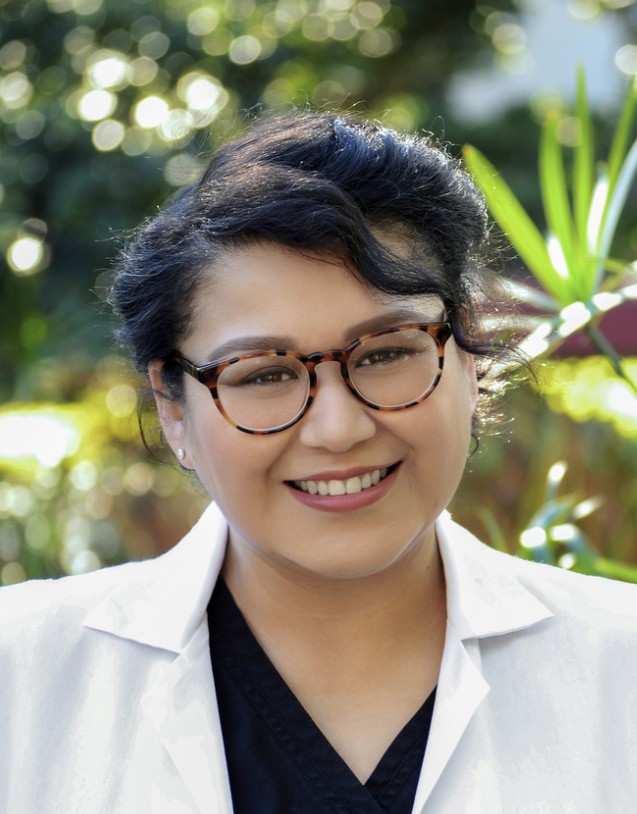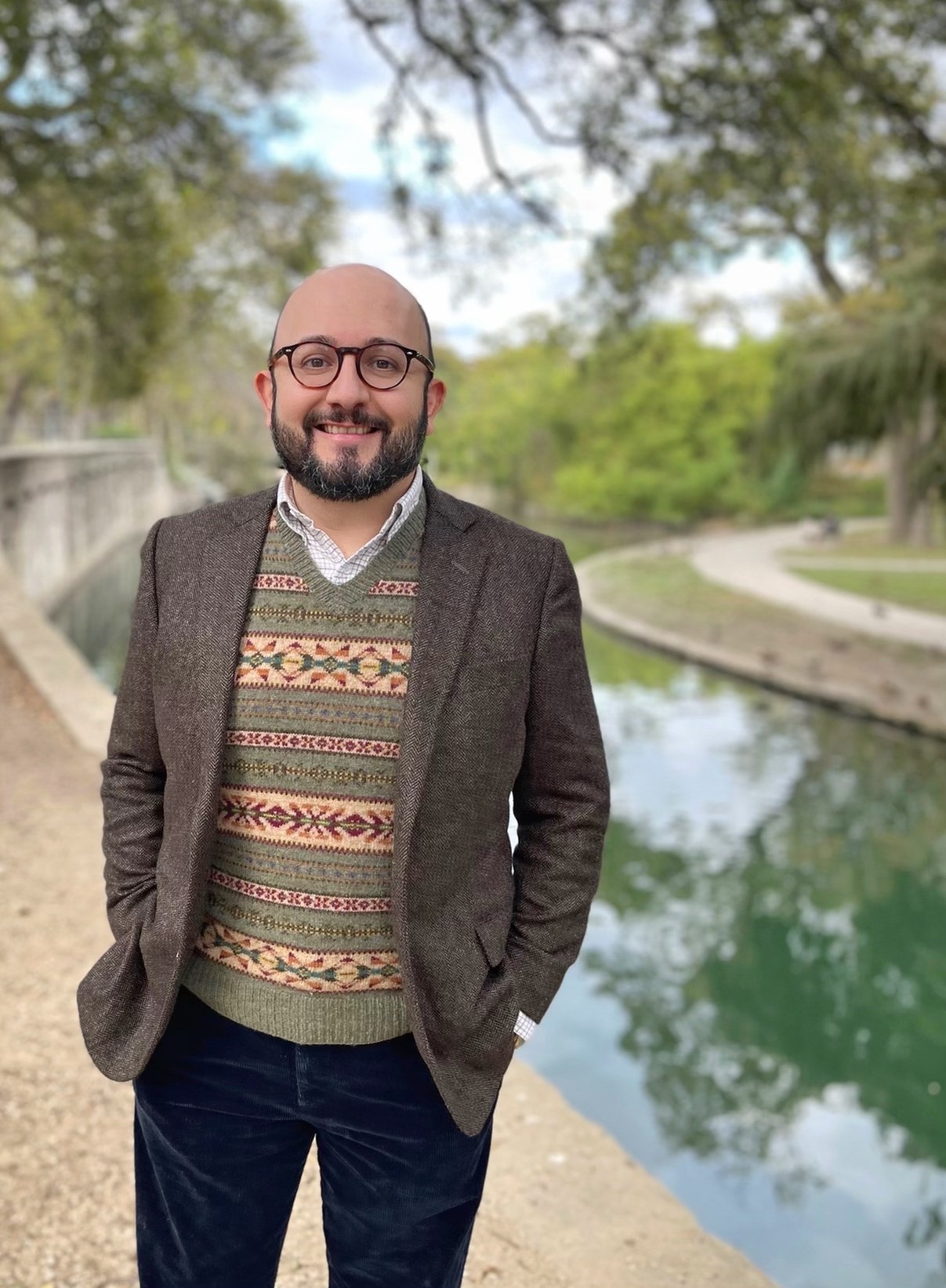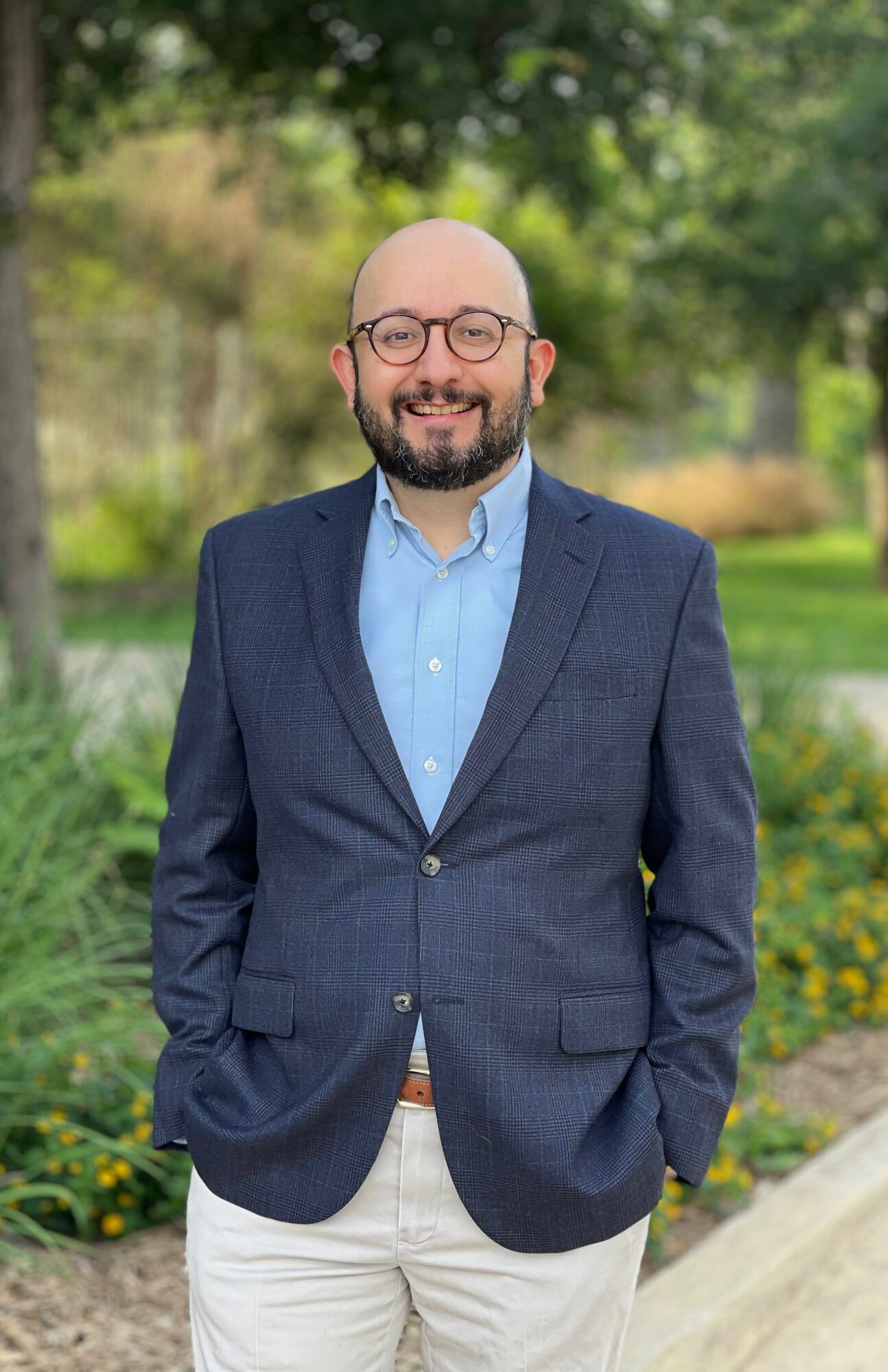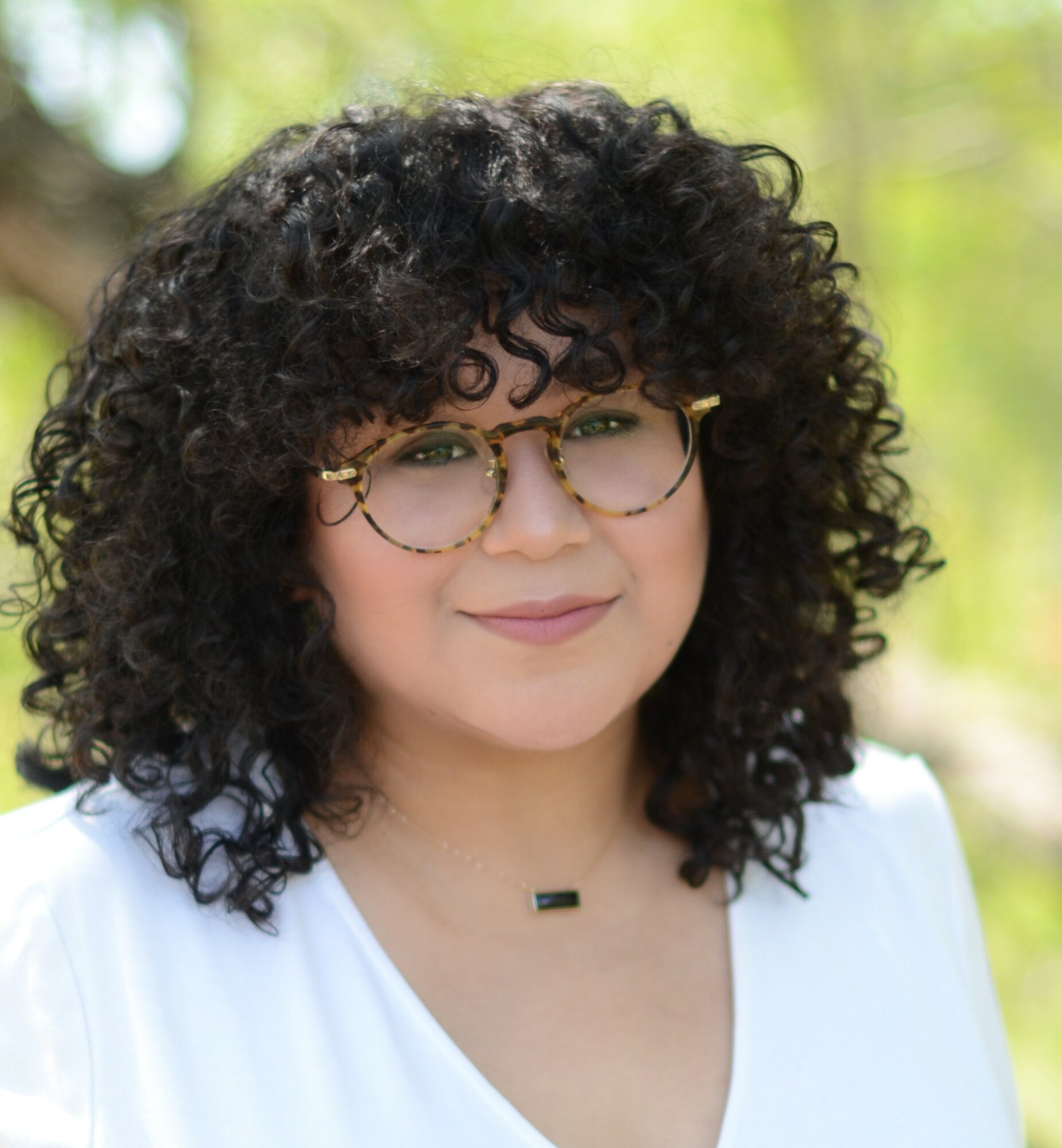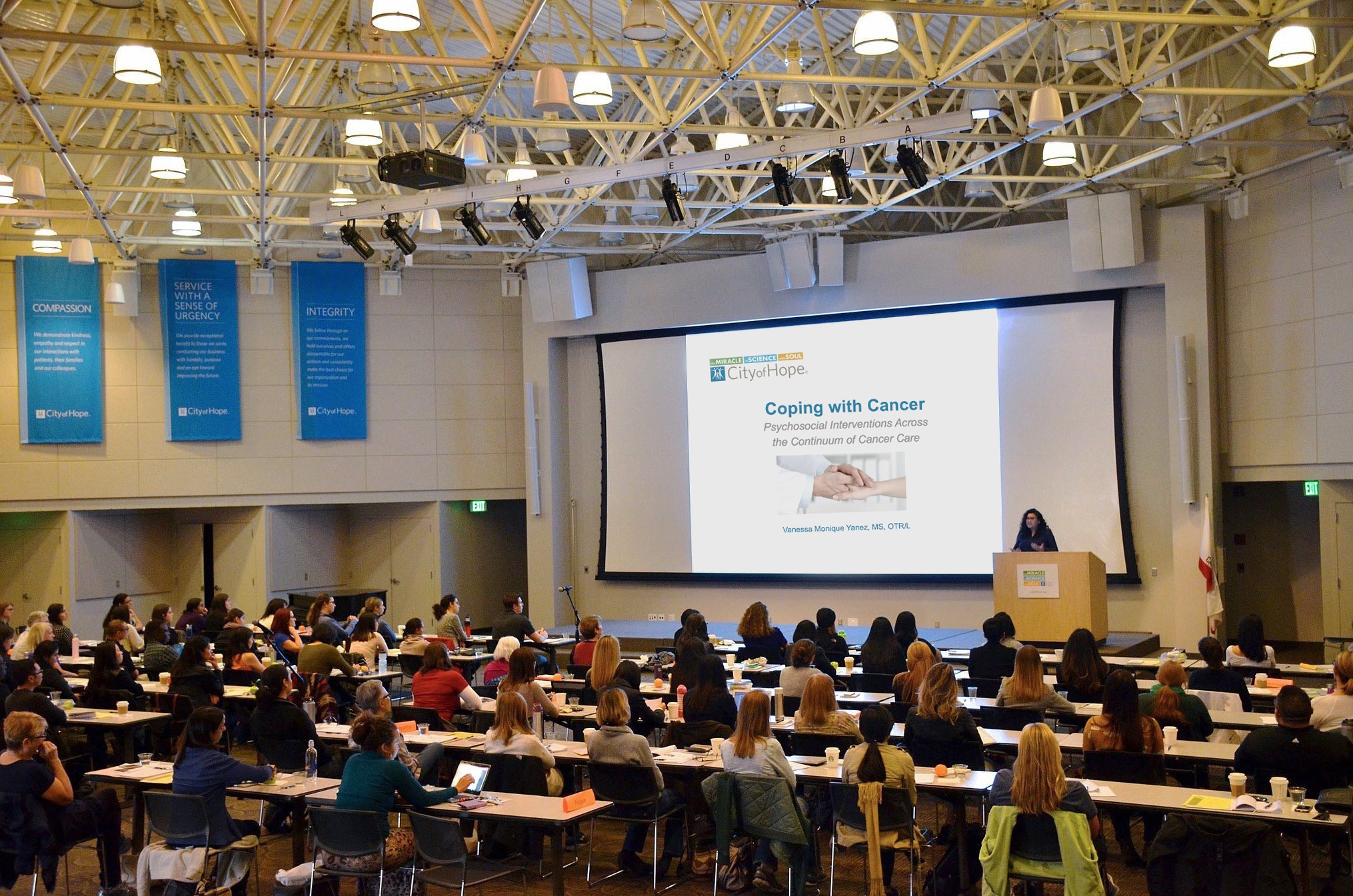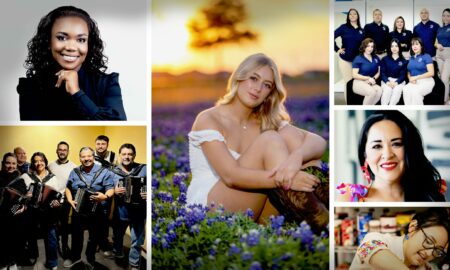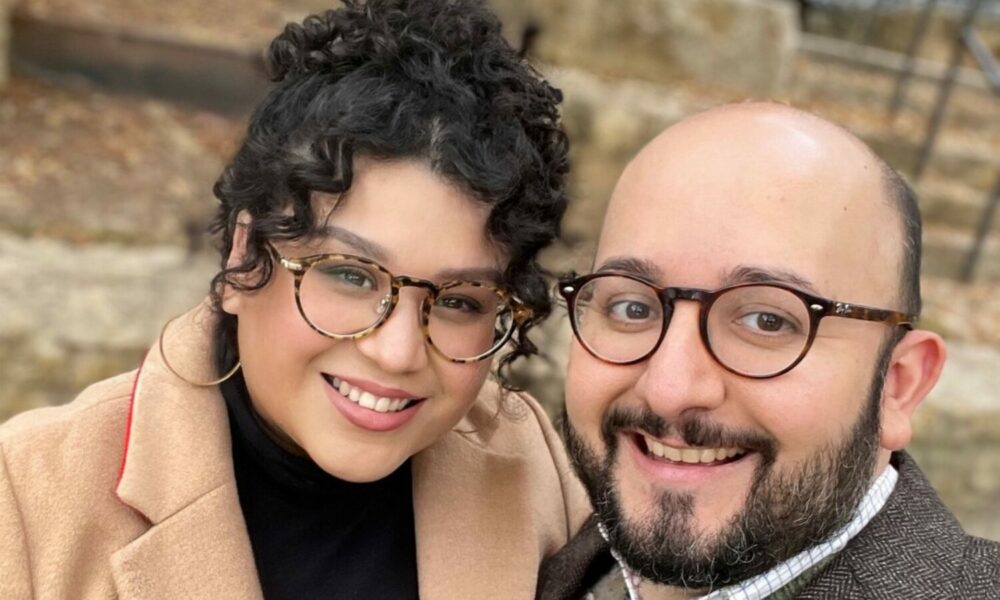

Today we’d like to introduce you to Hiram Corona Martinez and Vanessa Monique Yanez.
Hi Hiram and Vanessa, so excited to have you on the platform. So before we get into questions about your work-life, maybe you can bring our readers up to speed on your story and how you got to where you are today?
We started Bravo Therapy & Independent Living Center in mid-2021 in the midst of COVID-19. It was a risky move, but we knew that it was the right decision. We saw a growing set of serious problems in the healthcare industry that were alarming to us. First, we noticed many healthcare leaders with no clinical experience were making significant decisions influencing the quality of care of patients.
As an added layer to this issue, we also noticed a lack of diversity in healthcare leadership in major cities where the population we serve are primarily from underrepresented backgrounds, such as Los Angeles CA, and San Antonio, TX. Only about 6.5% of occupational therapists are Hispanic or Latinos (US Department of Labor, 2020) yet many of our clients in these areas are Spanish-speaking or Hispanic.
Another problem that transcends our profession and affects healthcare, in general, is the push for productivity standards, focusing more on the number of patients seen versus the quality of care. All these problems led us to take action by creating an organization that provides occupational therapy that is therapist-owned, culturally sensitive, and driven by quality.
What is Occupational Therapy?
In our own words, occupational therapy helps you get back to activities that occupy your time (occupations) and are meaningful to you, such as showering, cooking a meal, sleeping better, balancing your checkbook, doing your homework, and finding ways to relax to improve your mental health. At times, a diagnosis or health condition can get in the way of what you want to do. For example, a child with Autism may have difficulty getting dressed, eating new foods, or sitting still at school.
A cancer patient may be tired all the time despite sleeping and this can limit their ability to care for themselves, manage their home, or return to work. It doesn’t matter who you are or even if you don’t have a disability, everyone can benefit from occupational therapy.
Hiram Corona Martinez, MSOT, OTR/L
I joined the Occupational Therapy (OT) community by pivoting from a finance background. Affected by the 2008 financial crisis, I like many others had a difficult time finding a job. Vanessa was the one who first introduced me to Occupational Therapy. I had an opportunity to volunteer at a pediatric clinic and I fell in love with the profession right there and then. Seeing how you could help a child with disabilities become more independent was so rewarding. I knew that’s what I was meant to do and I couldn’t see myself doing anything else after that.
Graduate school was fun but tough. I learned so much from my professors and classmates. I also had challenging pediatric rotations which sharpened my skills as a student. After graduating from California State University Dominguez Hills, I began my career working with children diagnosed with Autism and continued this path ever since. Working with this population is really a calling. I absolutely love it! I get to use play as a therapeutic tool to help my little rockstars achieve their developmental milestones. They don’t see it as therapy. To them, we just get to play. I feel like superman! I have the best job in the world.
Vanessa Monique Yanez, MSOT, OTR/L
I never imagined I would be where I am right now despite all the challenges I had growing up. I was raised in East LA by a single parent who emigrated from Honduras. We were homeless for many years, but despite the uncertainty of where we would sleep, my mother worked long, hard hours at a flea market, selling tamales, and building cabinets at an all-male factory to put food on the table. On the weekends, I would help her sell cosmetic merchandise at our local flea market, working from 6 am to 6 pm, rain or shine. Although I complained of working on the weekends, my mom taught me invaluable lessons in life: to develop a strong work ethic and never give up.
At the age of 19, I was diagnosed with cancer and had to be hospitalized for many months as I received chemotherapy and a bone marrow transplant. The hardest part of this journey was not going through treatment but trying to return to a “normal” life after completing treatment. Cancer left me afraid, tired, and unsure of the future. I had trouble taking care of myself, let alone being able to go to church or return to school. I later learned that these are common problems with cancer survivors, and I wasn’t alone. I met an occupational therapist who taught me how to manage some of the side effects so I can take care of myself again.
After many months of building my stamina, I was able to return to school and complete an undergraduate degree from the University of California Irvine and a master’s degree from California State University Dominguez Hills. I completed a clinical rotation at a comprehensive cancer hospital called the City of Hope and worked there for many years. After moving to San Antonio, I initially worked for Methodist Stone Oak Hospital until I went back to school to pursue a Ph.D. from Texas Woman’s University and started Bravo Therapy Center.
I still can’t believe I get to wake up every day and do what I love—I see other cancer survivors along their journey and teach them ways to cope with cancer so they can participate in life, too.
We all face challenges, but looking back would you describe it as a relatively smooth road?
Hiram, my journey has been smooth and bumpy at the same time. I have really supportive parents who have always been there for me. However, I’ve also had my share of difficulties all my life. I moved a lot as a child/early adolescent and had to adapt quickly to new schools, new friends, and new environments.
Also, I had to work and go to school in my free time to get to where I am today. Founding and running Bravo has brought a whole new set of challenges that can be overwhelming at times. Overall, I’ve learned that struggles are what give life contrast and rhythm. You will never know the true joy of accomplishing something worthwhile without going through adversity. It’s just not possible.
Vanessa, my upbringing was full of challenges, but it also taught me valuable lessons that I carry with me today. I’ve learned that the challenges have shaped who I am.
One of the main challenges I had was navigating college life as a first-generation college student. A person literally had to give me step-by-step directions on how to reach the admissions office to register for classes for the first time. They said, “drive up to the community college and stop the first person you see in the parking lot for directions.” I now laugh when I think of this.
Fast forward many years, and now the challenge is managing multiple roles. Between teaching, managing Bravo, collaborating on research projects, and working on a Ph.D., it’s hard to find time for myself, but I’m working on it. I am really grateful for who I am and the direction my life has taken. I can’t imagine doing anything else.
Thanks for sharing that. So, maybe next you can tell us a bit more about your business?
Bravo Therapy and Independent Living Center is a therapist-owned company that provides client-centered occupational therapy services to clients of all ages. This means that we focus on what the client wants to do and our relationship with our clients is collaborative in nature. Our client base includes people of all ages from infants to older adults with various diagnoses or symptoms including autism, down syndrome, cancer, orthopedic issues, stroke, and anxiety to name a few.
Hiram’s career has focused exclusively on pediatrics, specifically in Autism. He helps children engage in play, participate in school, achieve developmental milestones, expand their food repertoire, and address sensory issues commonly seen among children with Autism. Vanessa’s expertise is centered on Cancer Care/Oncology and Adults. Her focus is on helping clients manage side effects and get back to the activities that are meaningful to them such as returning to work, becoming independent with self-care, and improving sexuality and mental health at various points of cancer treatment.
What distinguishes Bravo from others is our expertise, our dedication to quality care, cultural sensitivity, and high ethical standards. We do this by incorporating the latest research available to provide services that are grounded on evidence, as well as by doing what is right and best for our clients, always. We are also bilingual and are proud to understand the Hispanic cultures. Our services, materials, and website are bilingual to reflect our values.
What makes you happy?
Hiram, seeing kids play, laugh, and run makes me happy. I also enjoy when parents express their gratitude for all the progress that the kids have made because it validates all the hard work that the kiddos and I have made.
Vanessa, I love to hear when my patients come back and tell me how much they’ve been able to do in their day-to-day life. I personally have experienced the struggles of a cancer diagnosis and being able to help other cancer survivors gives me purpose and meaning–it’s a way to pay it forward.
I develop close relationships with my clients, and it’s a beautiful connection from one cancer survivor to another.
Contact Info:
- Email: [email protected]
- Website: www.bravocenter.org
- Instagram: www.instagram.com/bravotherapycenter
- Facebook: www.facebook.com/bravotherapycenter
- Yelp: www.yelp.com/biz/bravo-therapy-and-independent-living-center-san-antonio
- Other: www.instagram.com/the_onco_ot/
